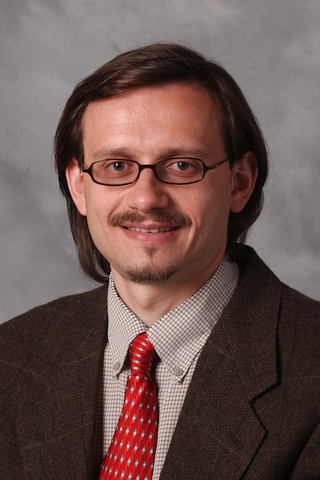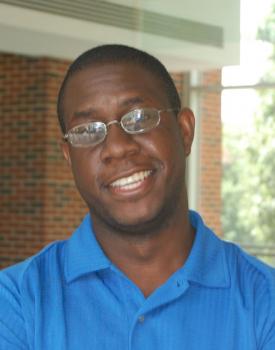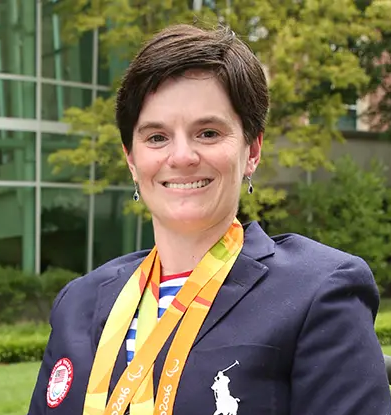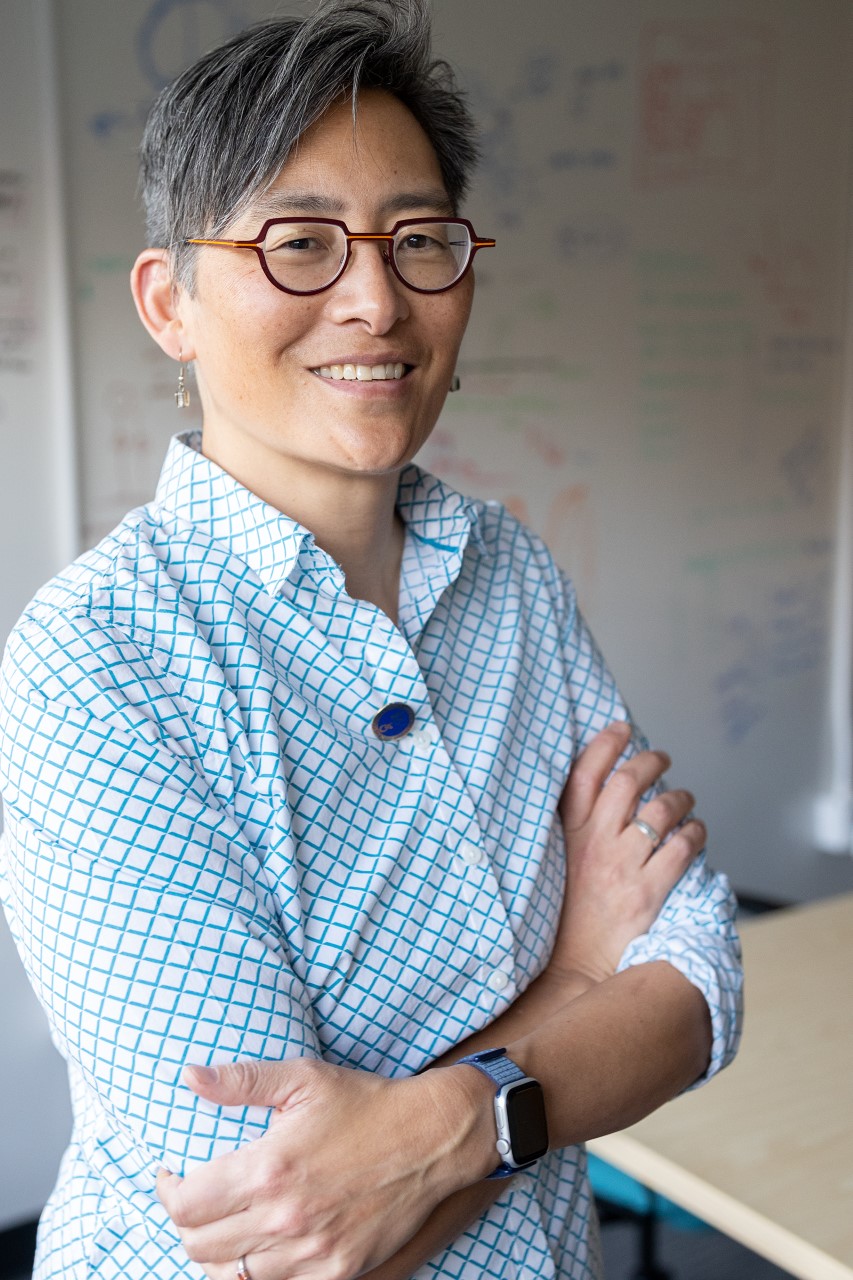Alex Abramson
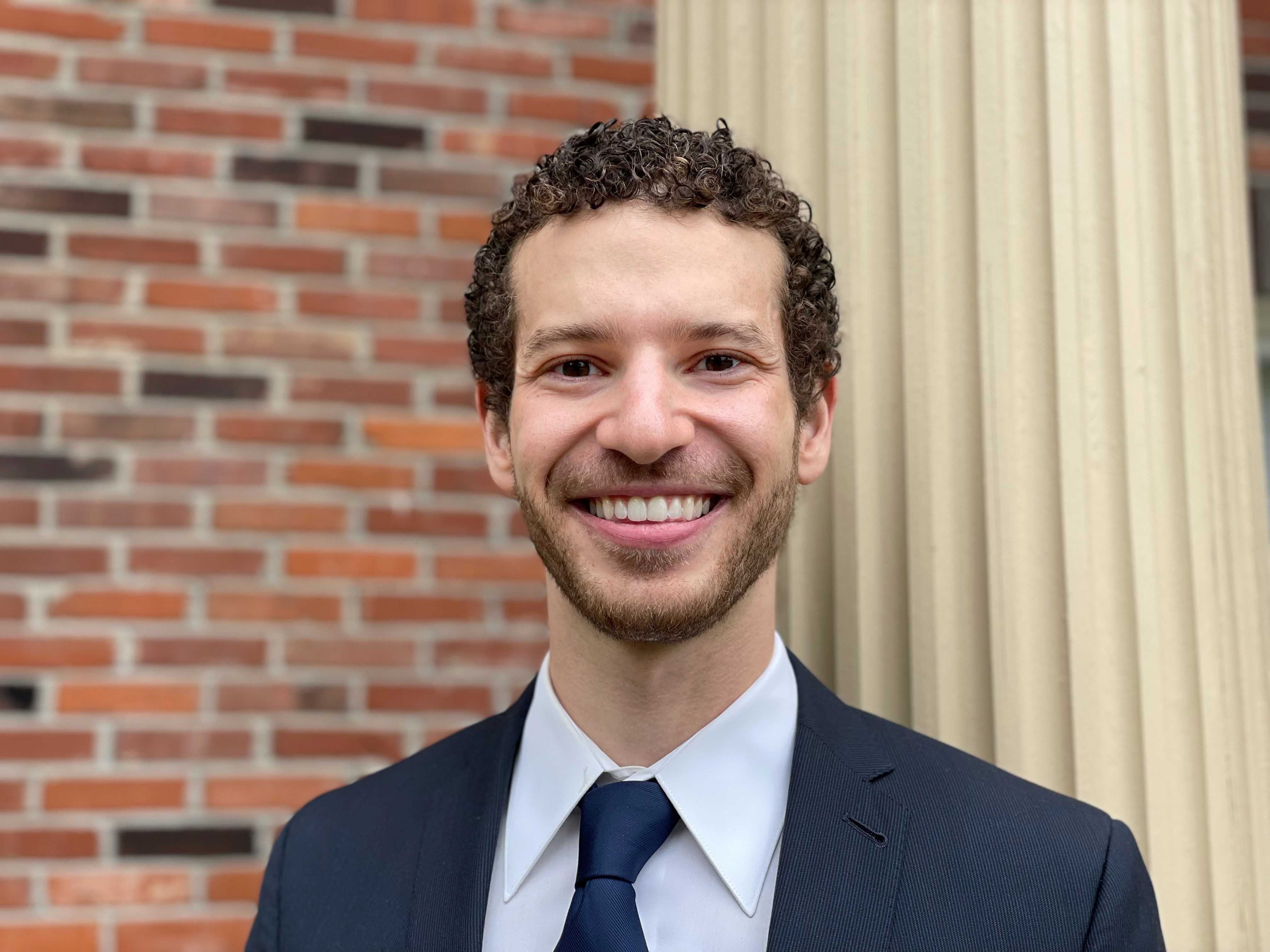
Alex Abramson is an assistant professor in the School of Chemical and Biomolecular Engineering at Georgia Tech. His research, which focuses on drug delivery and bioelectronic therapeutics, has been featured in news outlets such as The New York Times, NPR, and Wired. Abramson has received several recognitions for scientific innovation, including being named a member of the Forbes 30 Under 30 Science List and the MIT Technology Review Innovators Under 35 List. He is passionate about translating scientific endeavors from bench to bedside. Large pharmaceutical companies have exclusively licensed a portfolio of his patents to bring into clinical trials, and Abramson serves as a scientific advisor overseeing their commercialization. In addition to his scientific endeavors, Abramson plays an active role in his community by leading diversity and inclusion efforts on campus and volunteering as a STEM tutor to local students.
Abramson received a B.S. in chemical and biomolecular engineering from Johns Hopkins University and a Ph.D. in chemical engineering from MIT as an NSF Graduate Research Fellow under the direction of Professors Robert Langer and Giovanni Traverso. He conducted postdoctoral work at Stanford University as an NIH fellow with Professors Zhenan Bao and the late Sanjiv S. Gambhir.
The Abramson Lab develops ingestible, implantable, and wearable robotic therapeutic devices that solve key healthcare problems and provide measurable therapeutic outcomes. Our translationally focused research spans a multitude of areas, including (1) drug delivery devices for optimal drug adherence, (2) soft materials for bioelectronic sensors and therapeutics, and (3) preclinical drug screening technologies.
- Biosensors


